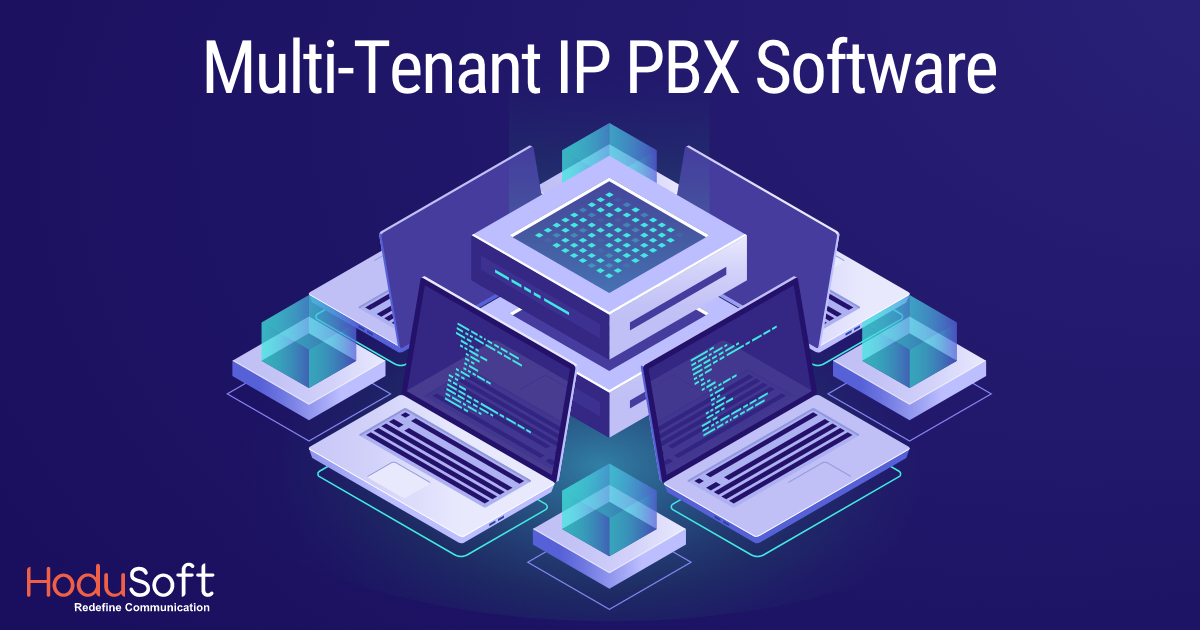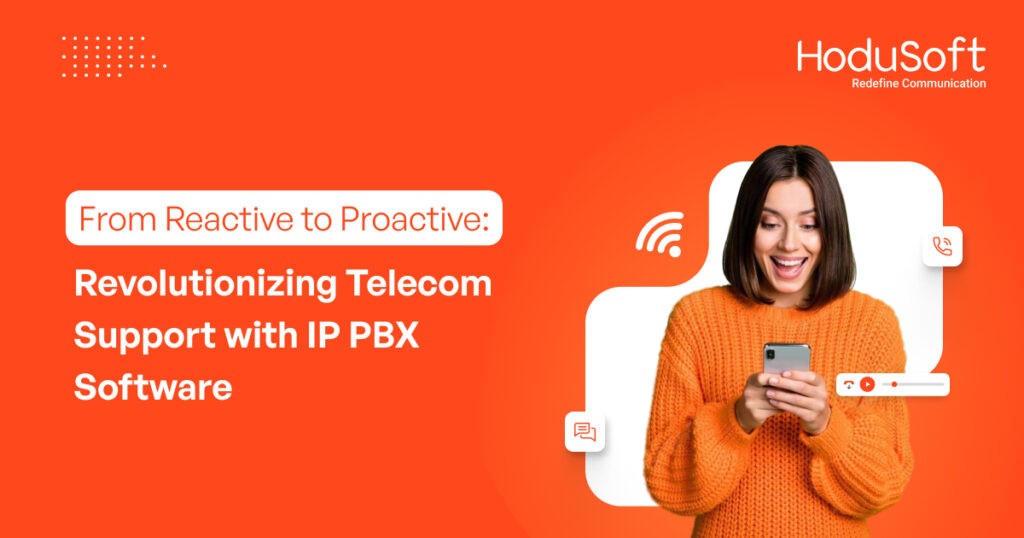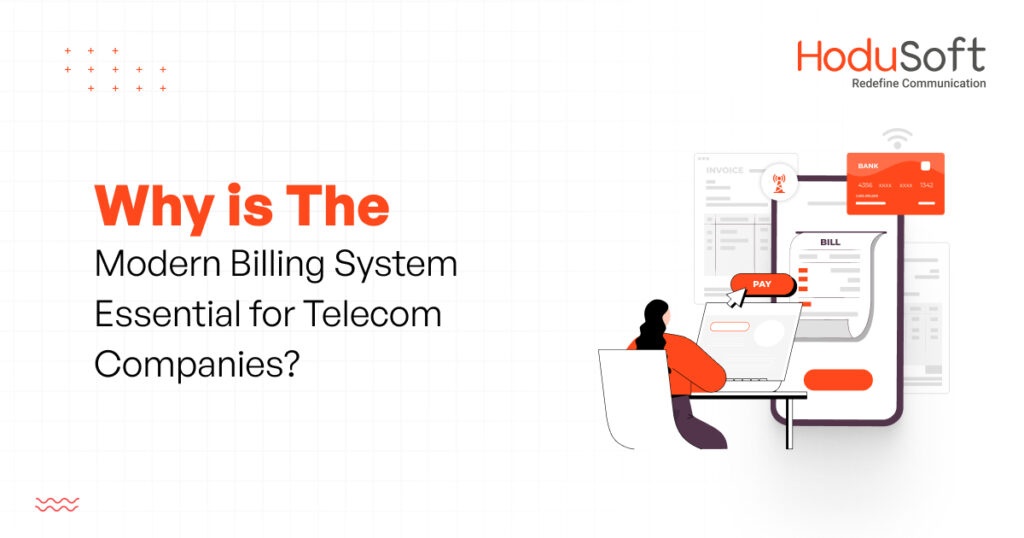Why Choosing the Right Multi tenant IP PBX Software Provider is Important for VoIP Service Providers
As a revenue-generating tool, the IP PBX software is priceless for VoIP service providers. Also known as the IP PBX system, it helps businesses centralize calls by preventing the need for installing individual phone lines. However, your success depends a lot on the multi-tenant IP PBX software provider and the software they dish out. Is it to your taste? If not, you may not generate the hoped-for revenues. In this blog, we will disclose some important points to consider before choosing a multi tenant IP PBX software provider.
Things to consider when choosing a multi-tenant IP PBX provider
#1. Modularity
Some IP PBX software solution providers assume that the software will be used by one business entity. Due to this reason, they bundle in as many features as possible. While this is attractive for end-users, for VoIP service providers, it is a different perspective. Especially when they must offer IP PBX as a Service. This is where you look for software providers who incorporate modularity into the IP PBX system. You have all features in the main bundle but you can offer selected ones to suit the needs of each client.
#2. What features will your VoIP business need?
- Support for all major brand IP phones
- Billing and payment gateway integration, usage linked to billing and accounting
- Multi-level IVR
- Fax, SMS, email
- Audio and video calls and conferencing
- SMS and voice broadcast
- Least cost routing features
- Rate setting
These features are essential for managing tenants and further sub-tenants, each with distinctive accounts and permissions as well as internal, independent records.
#3. Hosted or on-premises PBX system
It is up to you to decide whether you need a hosted solution or an on-premise system. A hosted IP PBX system will free you of the burden of upfront capital investment, maintenance, support, and software upgrade. On the other hand, an on-premise system is one that you can purchase outright. In the case of the latter, running costs are low. Moreover, you can maximize profit or charge lower and recoup investments over time. In the case of the former, you pay a higher running cost with the added benefit of enjoying the latest upgrades with no upfront capital costs for the software. Either way, it is profitable as can be seen from the fact that during COVID-19 nearly 70% of full-time workers are remote-based. Importantly, you save on costs since payment is on data transmission, not time.
Also Read: 6 Features to Look in Multi-Tenant IP PBX Software Before You Buy
#4. Support
Regardless of whether you opt for hosted or on-premise PBX software, quality of service support is a prime consideration. You simply cannot afford to have glitches that affect the quality of the experience. A downtime or anything else that results in the inability of customers to make and receive calls is not acceptable. This is where the quality of support kicks in. Look for vendors known for fast services that resolve problems, not just responses that lead nowhere. Some small but competent IP PBX software providers offer best-in-class service support. You may consider them instead of the big names.
#5. Quality of software
The more the number of users, the higher the load on the internet connection and the software. This is where multi-tenant IP PBX software makes a difference. It comes with the capacity to handle a higher number of concurrent calls and connections to ensure smooth connectivity. How the software is configured to handle slow internet speeds and improve clarity is another vital aspect. If this issue is not addressed, then users on slow internet connections may experience packet loss. This can affect the sound quality and the users will blame the software. Consider that you have users using PSTN , softphones, IP phones, and mobiles. The software vendor offering IP PBX software must naturally include all these things. Besides, they must provide disaster recovery so that calls can go through even without an internet connection.
#6. Flexibility and scalability
The flexibility of usage and scalability options that a PBX phone system provides is another important consideration before making a choice. Many phone systems these days support multiple endpoints, allowing businesses to use their existing phone system. Hence, there is no need to upgrade instantly to new equipment. Similarly, the scalability factor plays a vital role in the selection of an IP PBX or VoIP PBX software. The phone system should support the growing and evolving needs of a business.
#7. The rate structure
Rates, as can be seen, vary widely. While it is important to consider the quality of software and support, rate structure plays a vital role in your profitability. It is a good idea to plan how you will deploy the multi-tenant IP PBX software for revenue generation. Don’t forget to discuss costs with the vendor beforehand.
Conclusion:
It is good to have an additional revenue generation tool. However, how much you earn from it depends on the IP PBX software provider. It also depends on the quality of the software, and its pricing structure for usage and support. Draw up an agreement clearly specifying terms in order to avoid conflicts later on.
The ideal is an IP PBX software provider known for being reasonable when it comes to price but for excellence in software quality and support. One such provider is HoduSoft. HoduSoft IP PBX System is one of the best IP PBX systems that can be installed on-premises or over cloud servers as per client requirements. It comes with various advanced features like inbound and outbound dialing, call forwarding, an IVR system, auto attendants, etc. For more details about the IP PBX system, connect with the HoduSoft team today.



